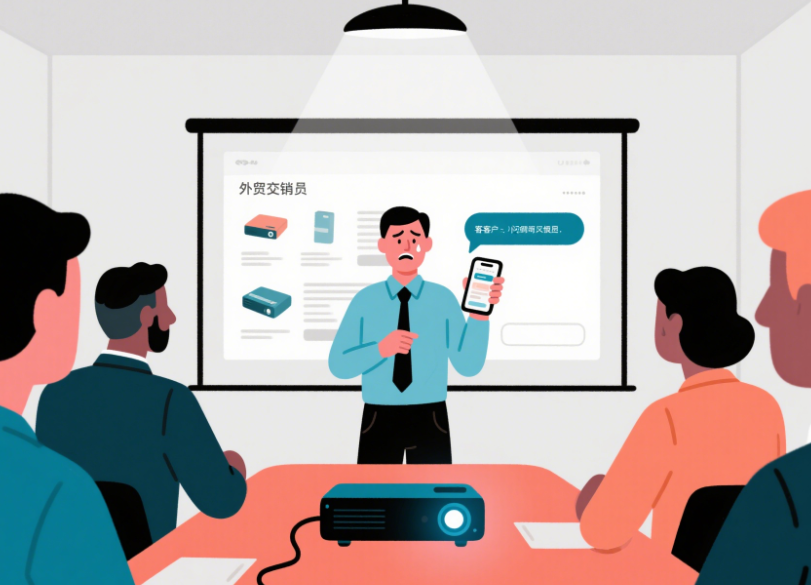 400-076-6558智领未来,外贸超级营销员
400-076-6558智领未来,外贸超级营销员
 400-076-6558智领未来,外贸超级营销员
400-076-6558智领未来,外贸超级营销员

You might think you've mastered international trade — but if your payment terms rely on a Letter of Credit (LC), there’s one risk you’re likely overlooking: soft clauses. In fact, according to a 2023 ICC report, over 35% of LC disputes stem from poorly drafted or ambiguous terms that give buyers control over whether payment is released.
In simple terms, an LC is a bank guarantee that payment will be made once certain conditions are met. But here's where many exporters trip up: it's not just about checking boxes — it's about understanding who can change those boxes.
Key players:
"Under UCP600 Article 14, banks must examine documents strictly against the LC terms — but only if the terms themselves are clear and unambiguous." — International Chamber of Commerce (ICC)
Soft clauses sound harmless — until they aren’t. These are provisions that allow the buyer or issuing bank to withhold payment even if you’ve shipped goods correctly. Common red flags include:
| Clue | Risk Level | Real-World Example |
|---|---|---|
| “Documents must be approved by applicant” | High | Buyer delays approval indefinitely |
| Vague product description (“as per purchase order”) | Medium-High | Dispute over “non-conforming” shipment |
| Shipments subject to “pre-shipment inspection by buyer’s agent” | Very High | Inspection used as delay tactic |
Here’s the kicker: these clauses often appear in "standard" LCs sent by experienced importers — which makes them extra dangerous because they seem legitimate at first glance.
A German machinery supplier once lost nearly $120,000 because their LC included this clause: “Shipment shall be accepted only after final inspection by buyer.” The buyer never completed the inspection — and refused to pay, citing “quality concerns.” No third-party arbitration was triggered. Why? Because the clause gave them unilateral power to block release — and no clear timeline for resolution.
This wasn’t fraud — it was a soft clause disguised as due diligence.

Ask yourself three questions before signing off on any LC:
If yes to any of these — walk away or negotiate. Don’t assume the bank won’t enforce it. Banks follow instructions — even if those instructions are unfair.
Quick Check: Can you identify the soft clause in this sentence?
"All documents must be signed by the authorized representative of the applicant."
Answer: Yes — because it allows the buyer to refuse signature, effectively blocking payment. This is a classic soft clause.
Modern AI-powered tools now scan LCs for inconsistencies, flagging potential soft clauses automatically. Some platforms analyze historical dispute data to warn users when a term has caused issues in similar trades. But remember: AI is a helper, not a replacement for your judgment.
For example, one exporter caught a hidden soft clause using AI — it flagged “approval by buyer’s agent” as high-risk, prompting a renegotiation. Result? No payment delay, zero legal fees.
Bottom line: Knowledge beats luck. If you're new to LCs, treat every document like a puzzle — and ask: “Who holds the key?”
Ready to protect your next export deal?
.png?x-oss-process=image/resize,h_100,m_lfit/format,webp)
.png?x-oss-process=image/resize,h_100,m_lfit/format,webp)

.png?x-oss-process=image/resize,h_100,m_lfit/format,webp)
.png?x-oss-process=image/resize,h_100,m_lfit/format,webp)
.png?x-oss-process=image/resize,h_100,m_lfit/format,webp)
.png?x-oss-process=image/resize,h_100,m_lfit/format,webp)
